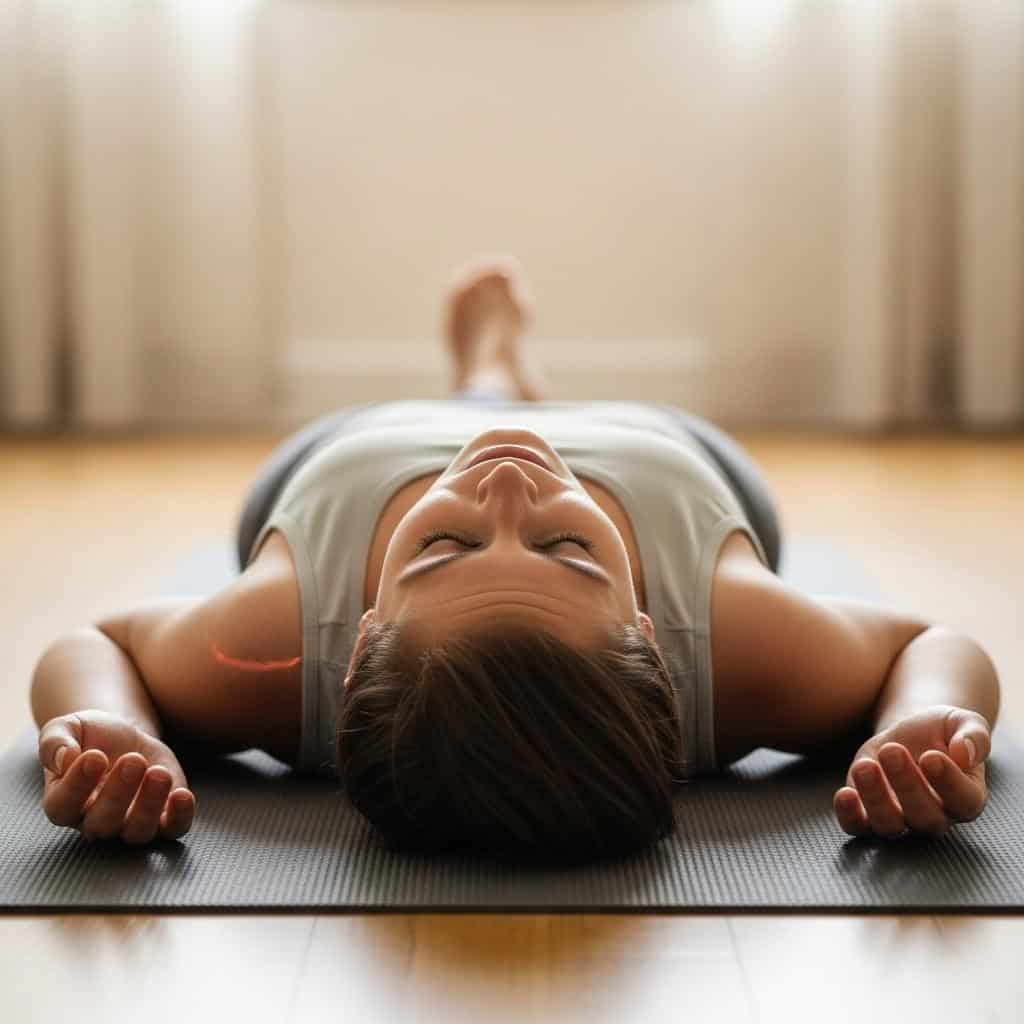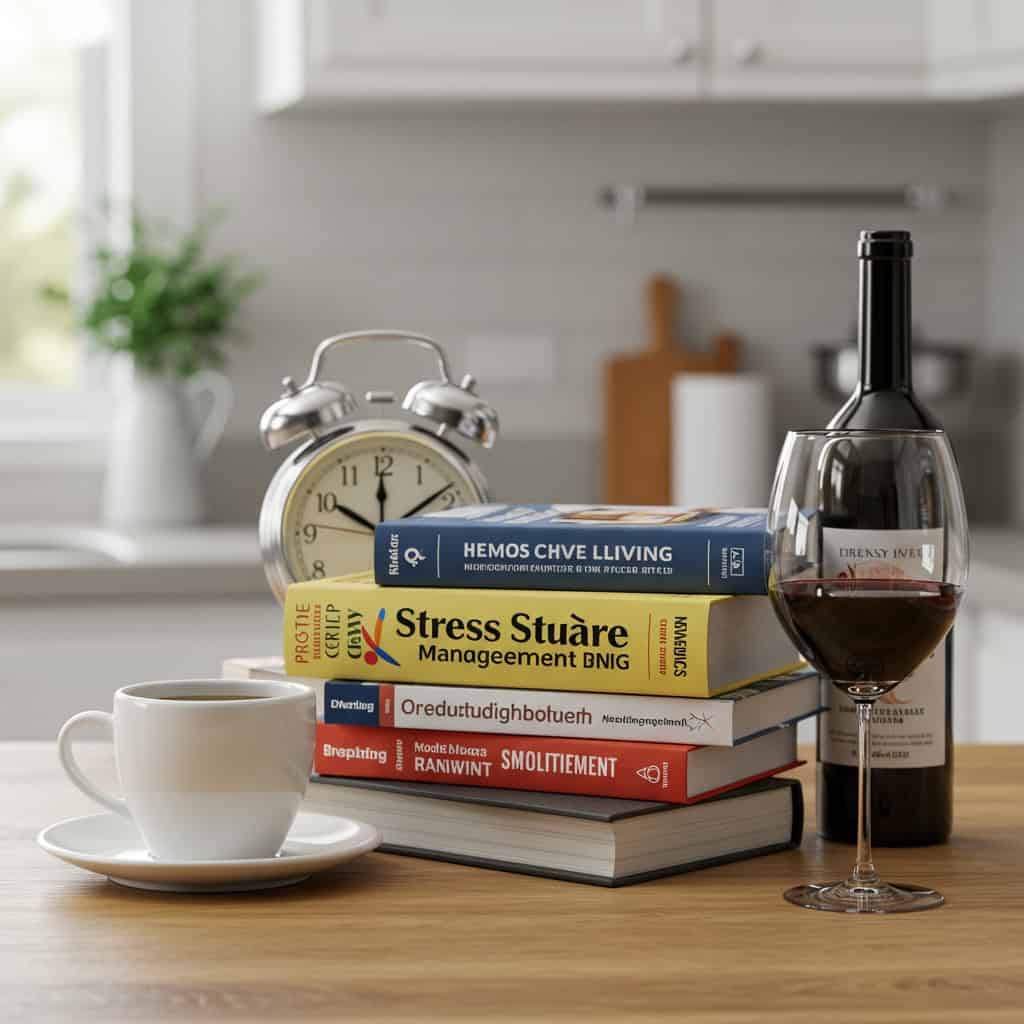Stress is an unavoidable part of modern life, but its effects can be profound if left unmanaged, impacting both physical health—such as increasing risk for heart disease—and mental wellbeing, including anxiety and depression. Effectively coping with stress is essential for maintaining overall wellness and improving daily quality of life.
According to the American Psychological Association, chronic stress can undermine healthy behaviors and negatively influence every system in the body. The following list of practical techniques is designed to empower you to manage stress constructively, reduce its adverse effects, and cultivate a healthier, more balanced lifestyle.


















